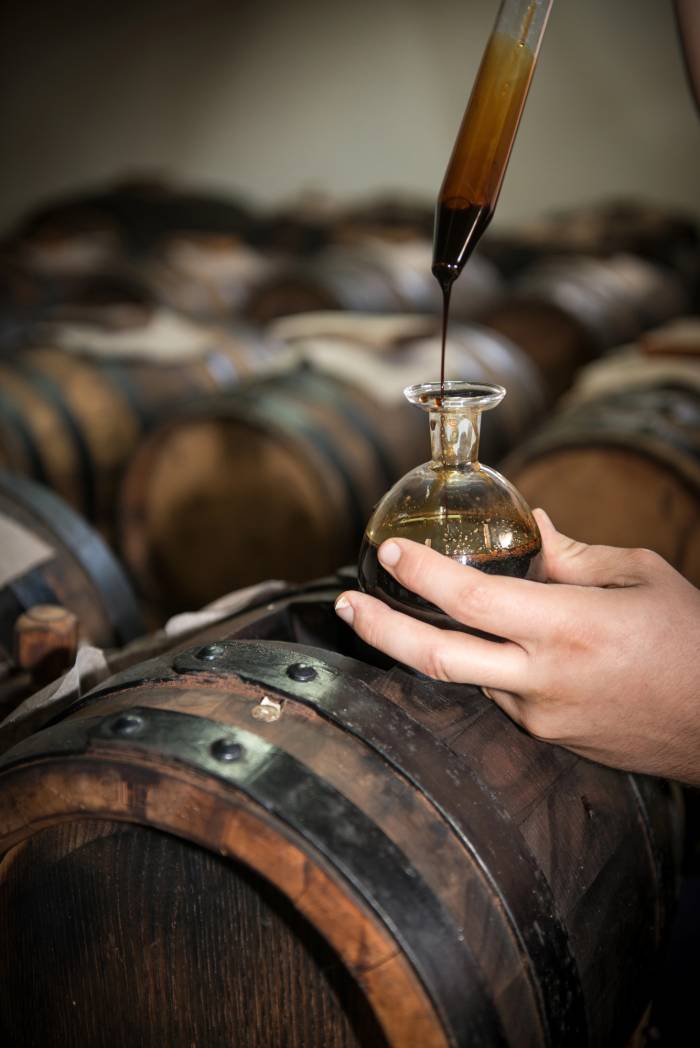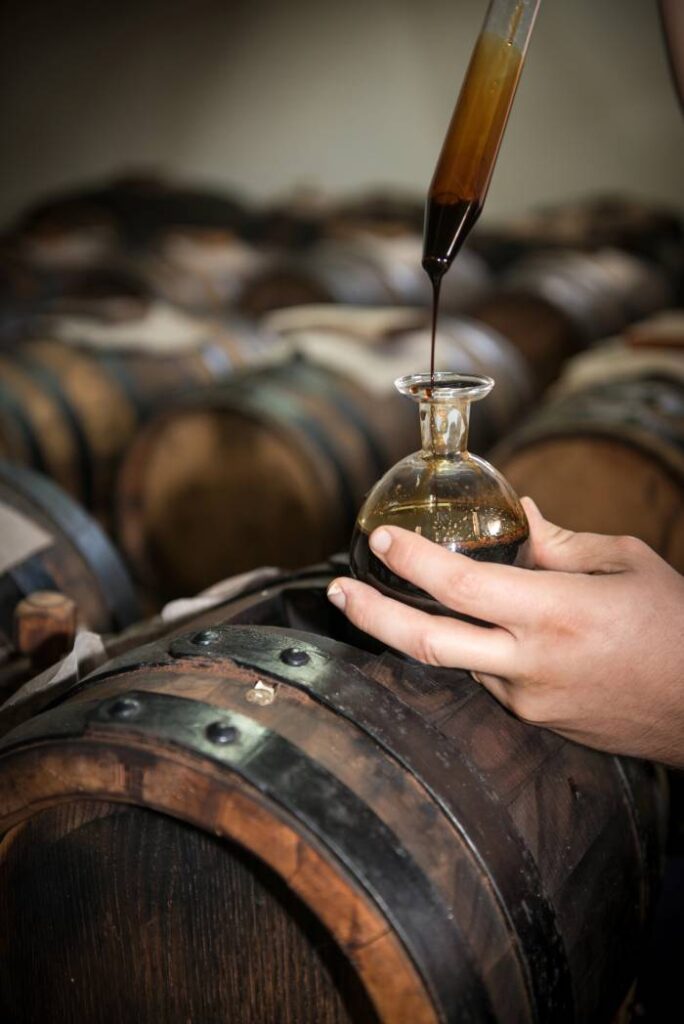
The European Parliament’s Committee on Agriculture and Rural Development (COMAGRI) has approved amendments to introduce, for the first time, a European Union-wide definition of vinegar. The vote took place late yesterday in Brussels. This marks a significant development for the vinegar sector, particularly for Italian producers who have long called for clear EU-level regulations.
Until now, European legislation only defined wine vinegar under Regulation EU 1308/2013. Other types of vinegar lacked a legal definition, leaving the broader sector without unified standards. The new amendments aim to fill this gap by establishing a common definition for all vinegars produced and sold within the EU.
Industry representatives say this move will help protect the quality and reputation of traditional vinegars, especially those made from agricultural raw materials. The new definition is expected to prevent the use of synthetic acetic acid in products labeled as vinegar and ensure that consumers receive accurate information about what they are buying.
The initiative was led by Members of the European Parliament Stefano Bonaccini and Salvatore De Meo, with support from political coordinators Dario Nardella (S&D), Carlo Fidanza (ECR), Herbert Dorfmann (PPE), and Raffaele Stancanelli (PfE). Their efforts were backed by major industry groups, including Federvini, which represents Italian vinegar producers.
Sabrina Federzoni, President of the Vinegar Group at Federvini, said that the committee’s approval is a historic step for the sector. She noted that Italy’s vinegar industry alone generates over one billion euros in annual sales, with 92 percent of its volume exported to international markets. Federzoni emphasized that a harmonized EU definition will help preserve the agricultural origins of vinegar and provide consumers with clear labeling.
The legislative process is not yet complete. The next stage involves negotiations between the European Parliament, the European Commission, and the Council of the European Union—a process known as trilogue. Industry stakeholders say they will closely monitor these discussions to ensure that the new definition is fully adopted into EU regulations.
Supporters argue that clearer rules will benefit both producers and consumers by promoting transparency and protecting traditional methods. They also believe it will strengthen Europe’s position in global markets by ensuring consistent standards across member states.
The COMAGRI committee’s decision is seen as an important signal of support for a sector with significant economic, cultural, and employment impact in several EU countries. While further steps remain before the new rules become law, many in the industry view this as a turning point after decades without comprehensive regulation for vinegar products beyond wine vinegar.


Dining and Cooking